Bloggin Noggin

Immune System
Immune Health- what does it really mean?
What our immune systems do? Our immune systems are a hugely complex operation. Our immune defences take different forms- from barriers that we can see, such as skin and those little hairs inside our nose, to the huge array of clever processes that go on beneath the surface.

Immune System
Simple ways to try to feel a little better everyday - even in lockdown
Get up for 5 minutes in every hour ( at least). Some clever watches or movement trackers might already prompt you to do this but you don’t need to have this to remind you to get up and give your self a jump start. Sitting for too long is health issue all on its own - you may have heard the phrase the sitting in the new smoking- so it is really important to beware of this at home.
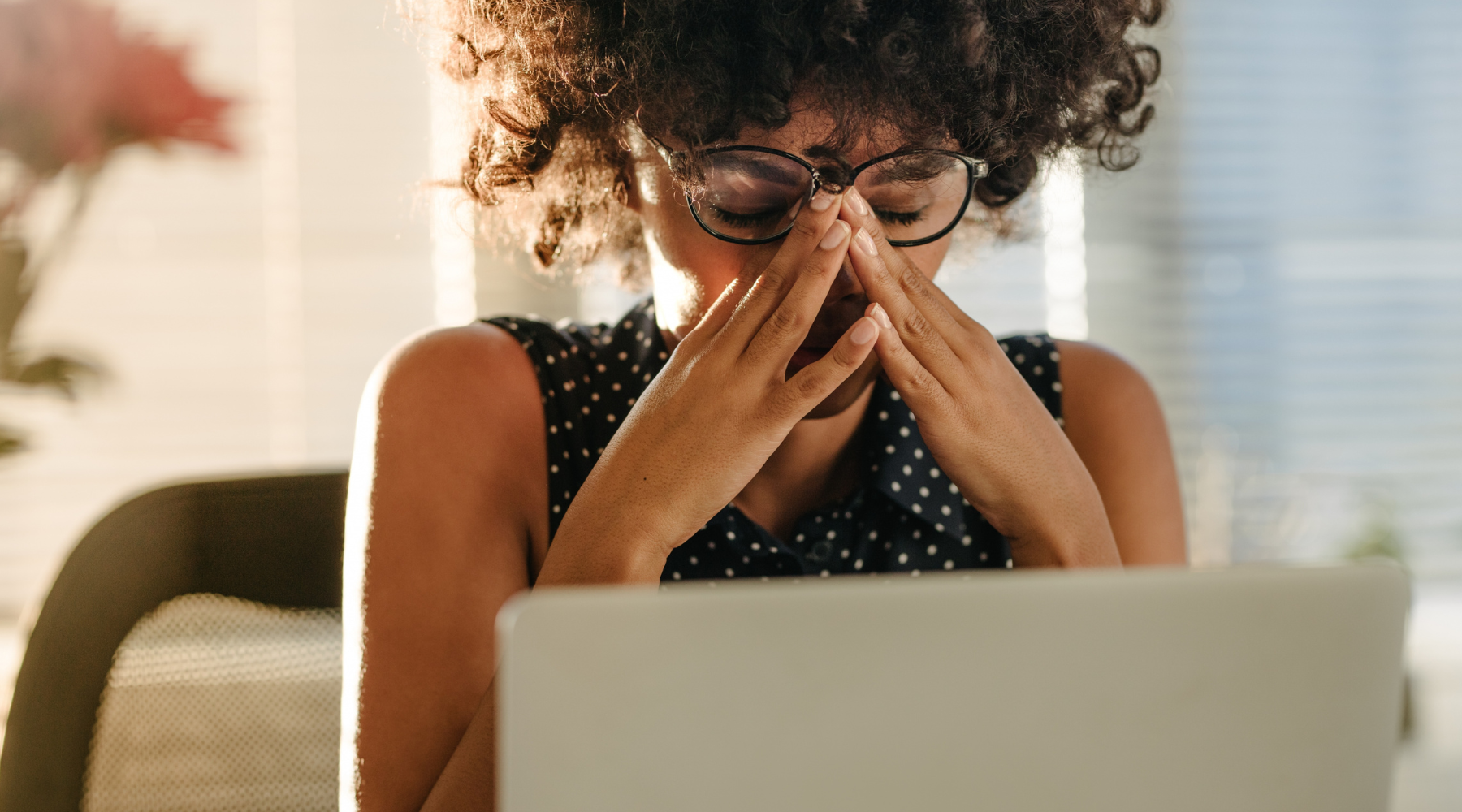
Stress
Feeling Stressed? Understanding how stress affects our brain health
Defined as an 'adverse reaction people have to pressure and demands placed on them' the good news is that the emotional impact of stress is often temporary. But there's a reason your GP asks how stressed you feel when they see you: stress has a big impact on our whole health, especially our brain health.
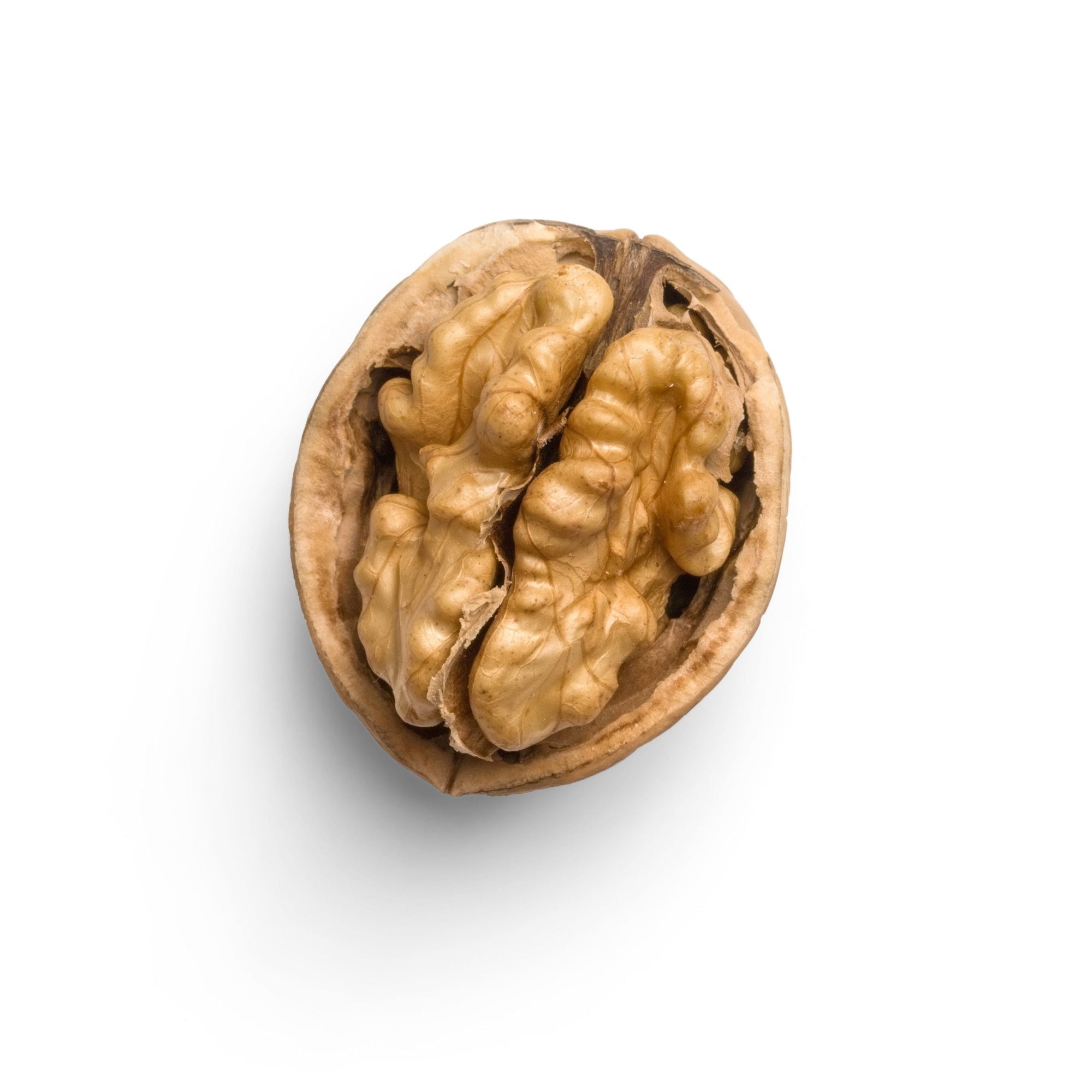
Immune System
Store Cupboard foods with brain benefits
5 brain healthy foods from the cupboard ( and one from the freezer) and why they are worth giving a try.

Sleep
To Nap or not to Nap?
Having a daytime nap is something we associate usually with babies, toddlers and for the rest of us when we are on holiday somewhere sunny ( we can dream)- most of us are just too busy right?

Immune System
It’s time for some ISS -Immune System Support.
5 Ways you can help your immune system today.
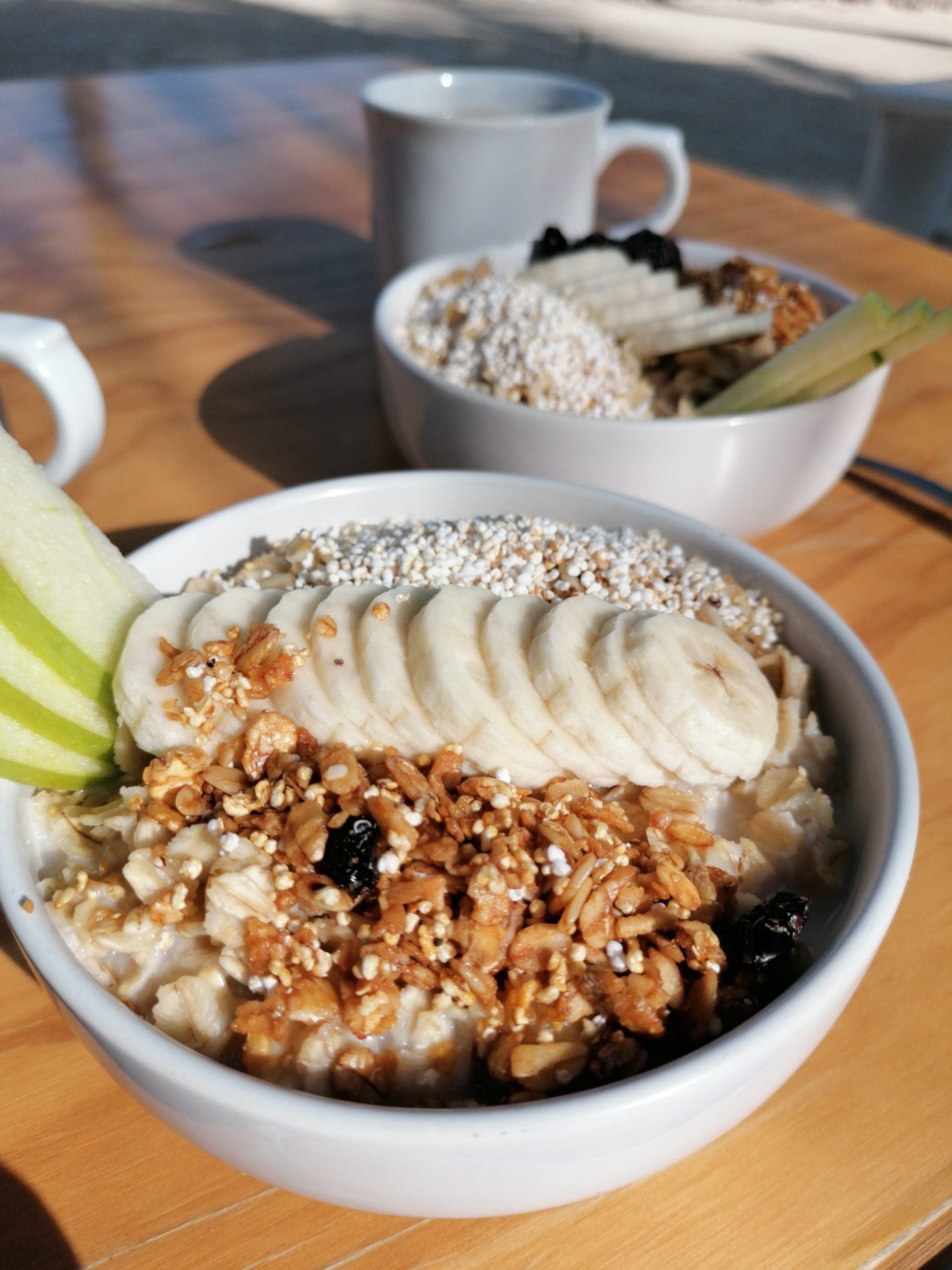
Immune System
How super is your food?
Foods that have lots of healthy properties have been termed ‘superfoods’. So what about all these foods that have so called ‘superfood’ properties? Here is our A-Z guide to some of these- how to say them for a start- and some of the health benefits they can offer.
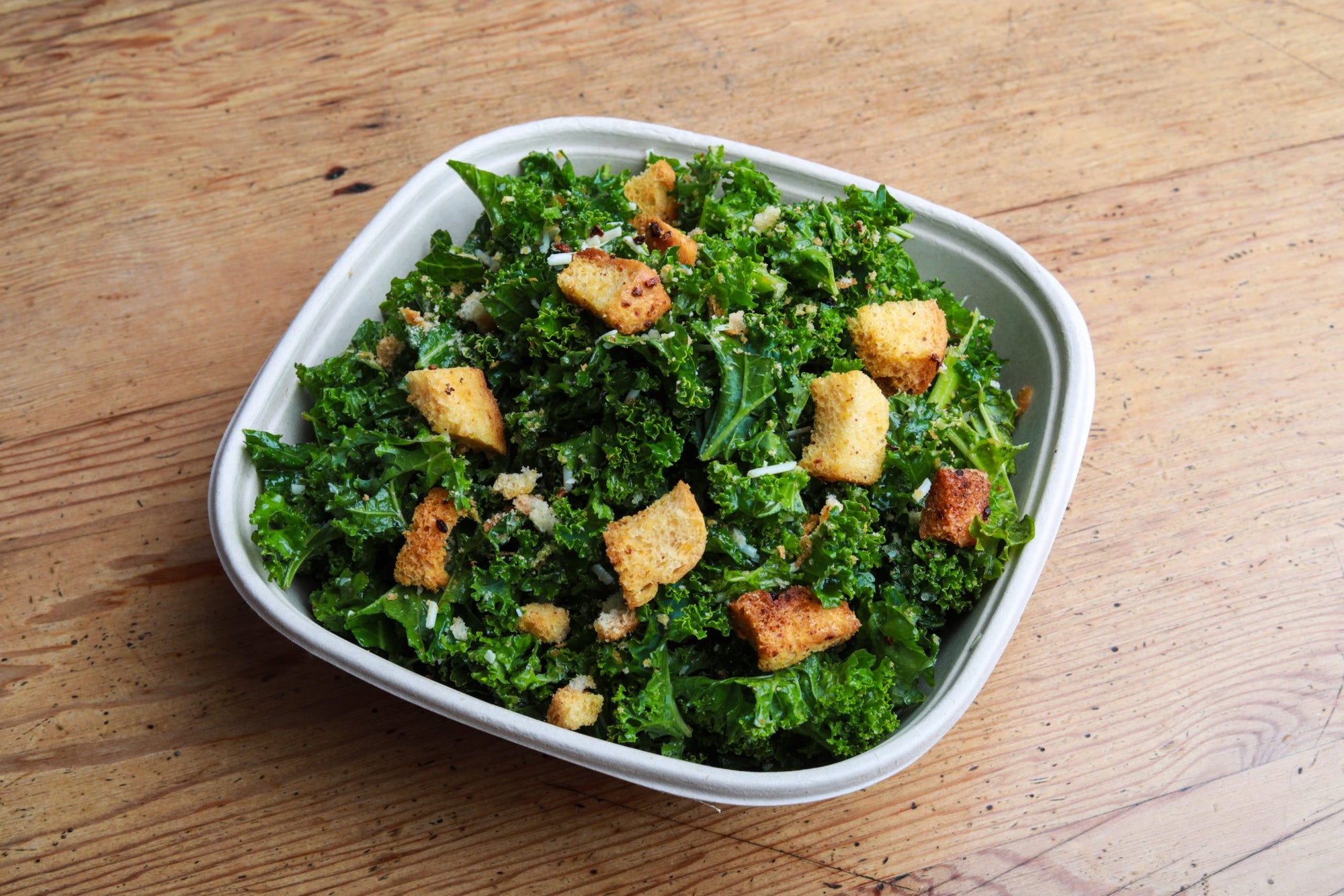
Immune System
Kale- a super hero of greens
Of all the super healthy greens, kale is one of the healthiest and most nutritious plant foods in existence. Loaded with all sorts of beneficial compounds, here’s a top line introduction on what you need to know on why kale is king. Super easy to cook ( recipe link at the bottom of this article ), it’s great in smoothies and makes a nutritious alternative to crisps.
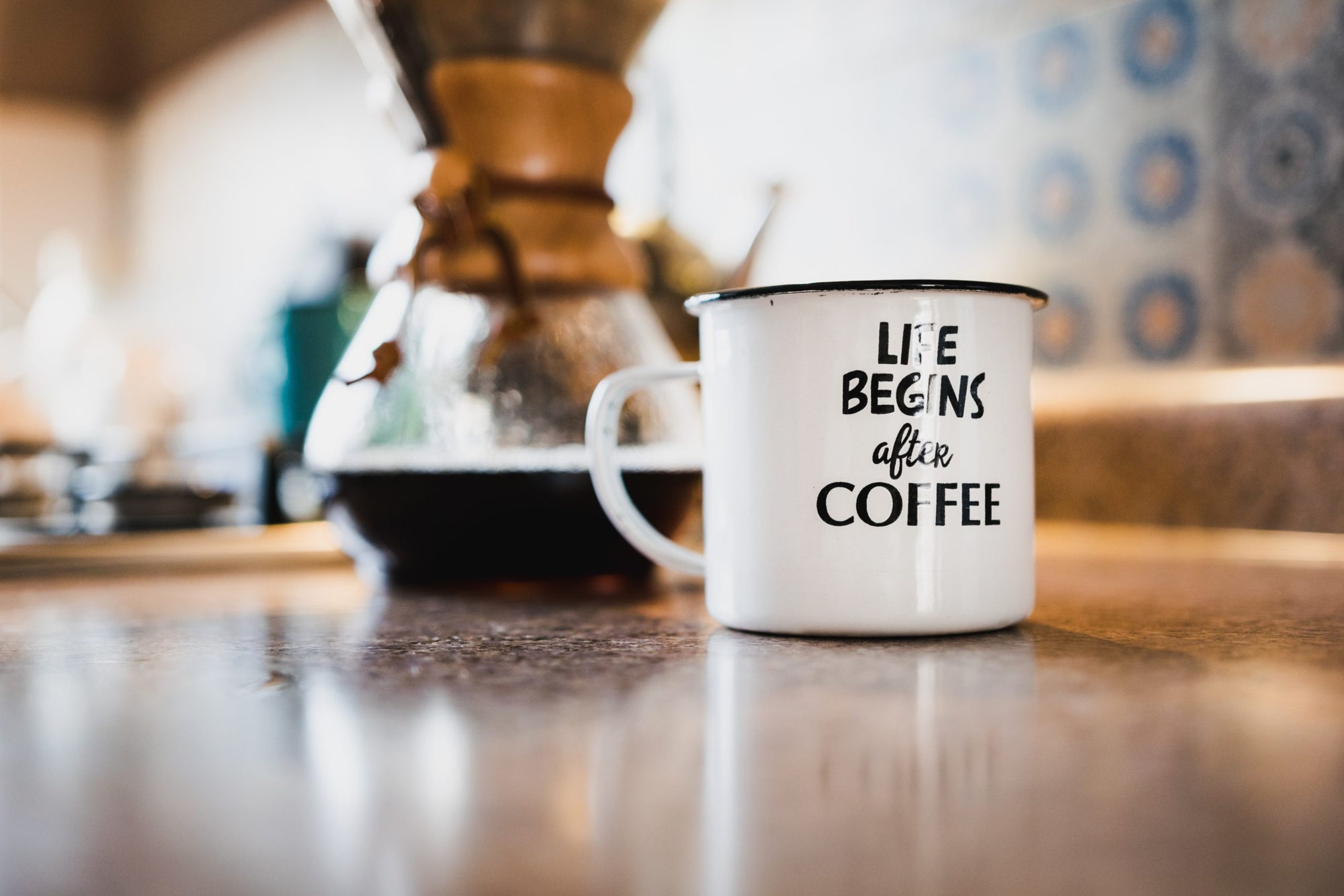
Immune System
Coffee or Tea- one, two or three?
Believe it or not, caffeine is the world’s most popular drug. In the UK we drink 120 million cups if tea per day and 90 million cups of coffee a day. And that is before everyone was locked down and working from home. Caffeine can be mood boosting, improve alertness, aid concentration and can even be useful pre exercise to get us get that heart rate going.
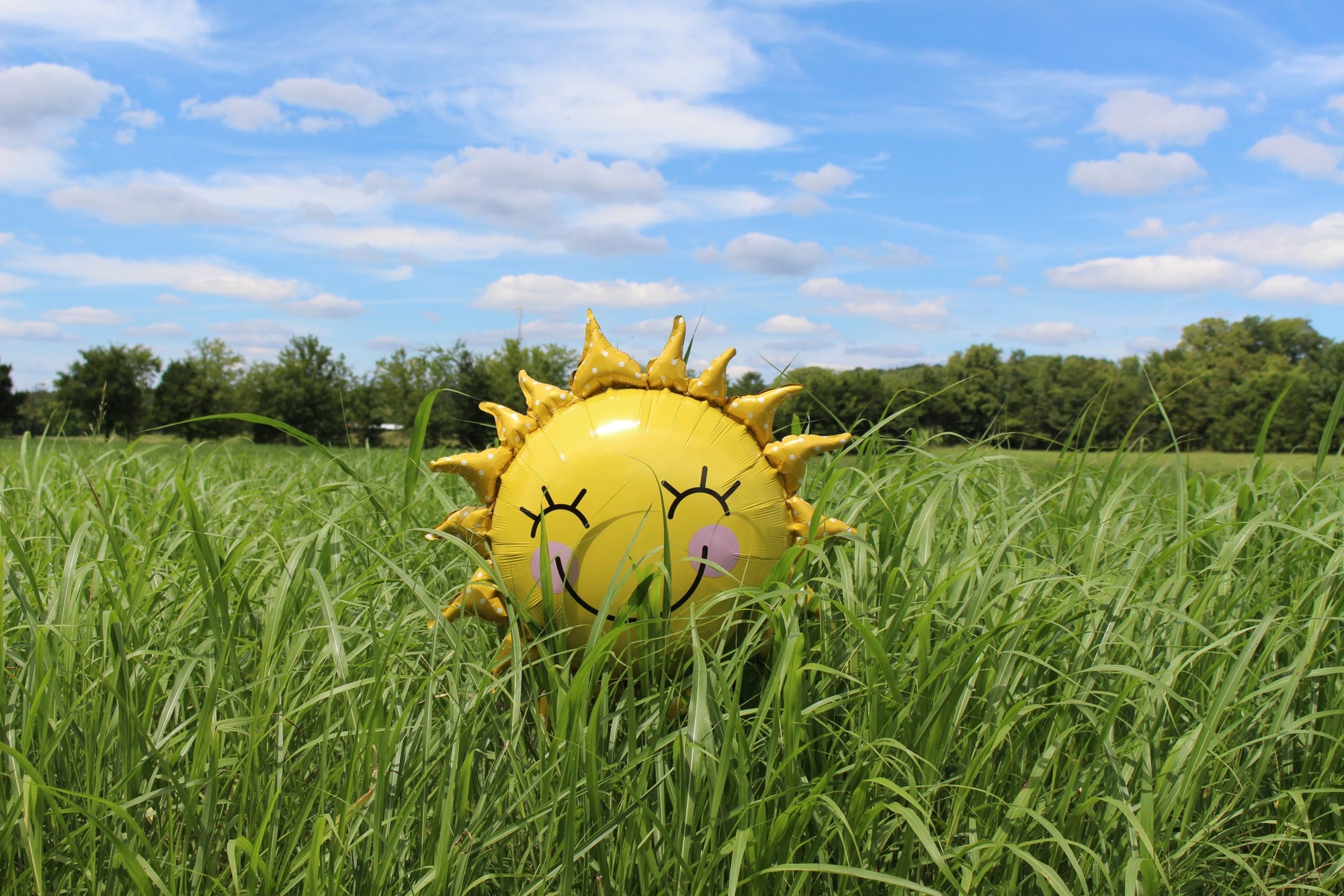
Immune System
Why Having Enough Vitamin D is important
Vitamin D is a vitamin of many talents. Vitamin D keeps us going in many ways. Along with calcium, Vitamin D helps us build and maintain healthy bones which becomes increasingly important as we get older. As well as keeping our bones well supported, it is also vital for a healthy immune system and a key component of brain health having been shown to help symptoms of low mood and anxiety.*
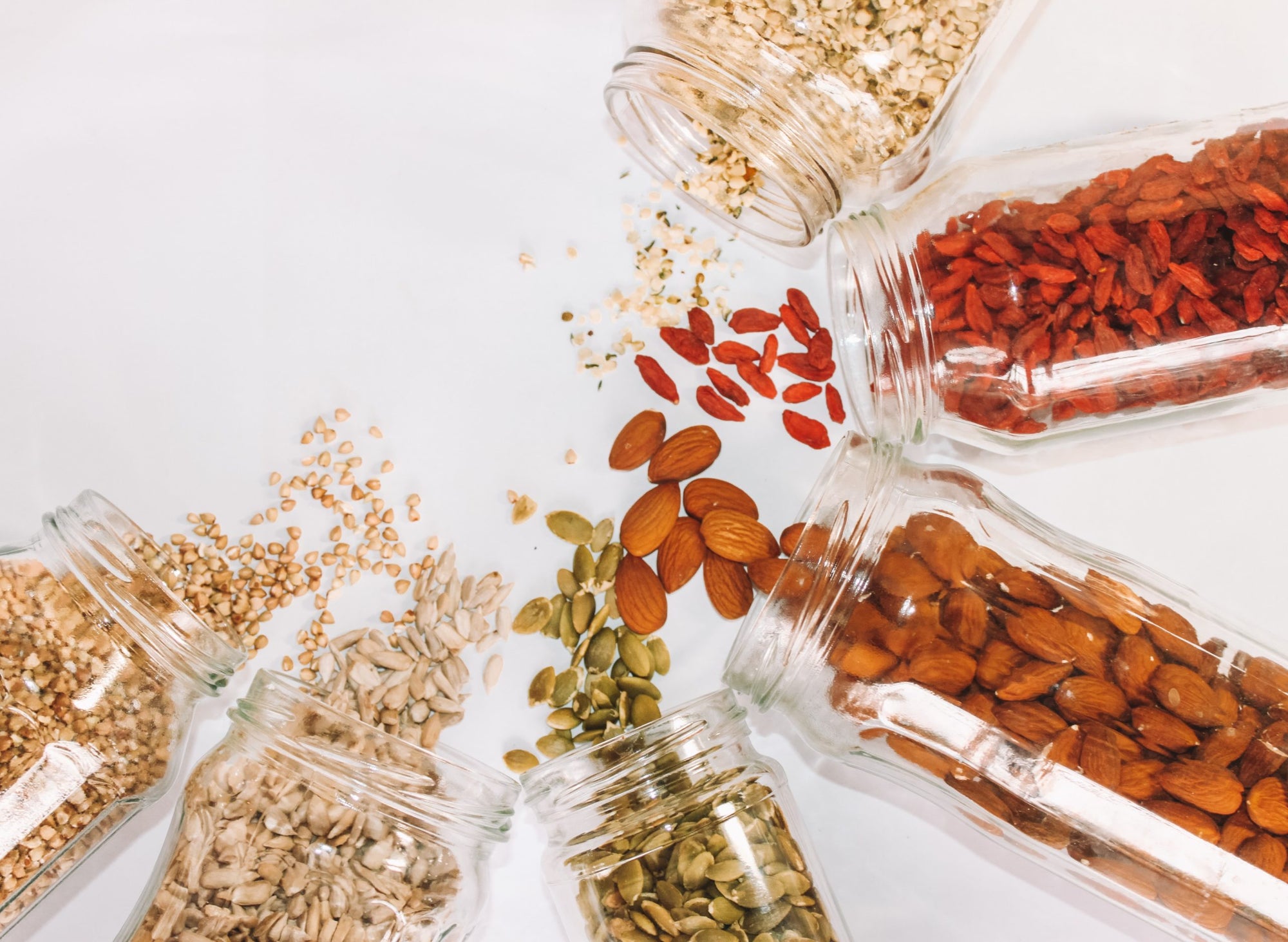
Immune System
Noggin Nugget- Food sources of B vitamins
Noggin Nugget- Food sources of B vitamins. Noggin HQ are a big fan of B vitamins. As food sources are the best way to get the nutrients we need here is a reminder of where you can stock up on those Bs:
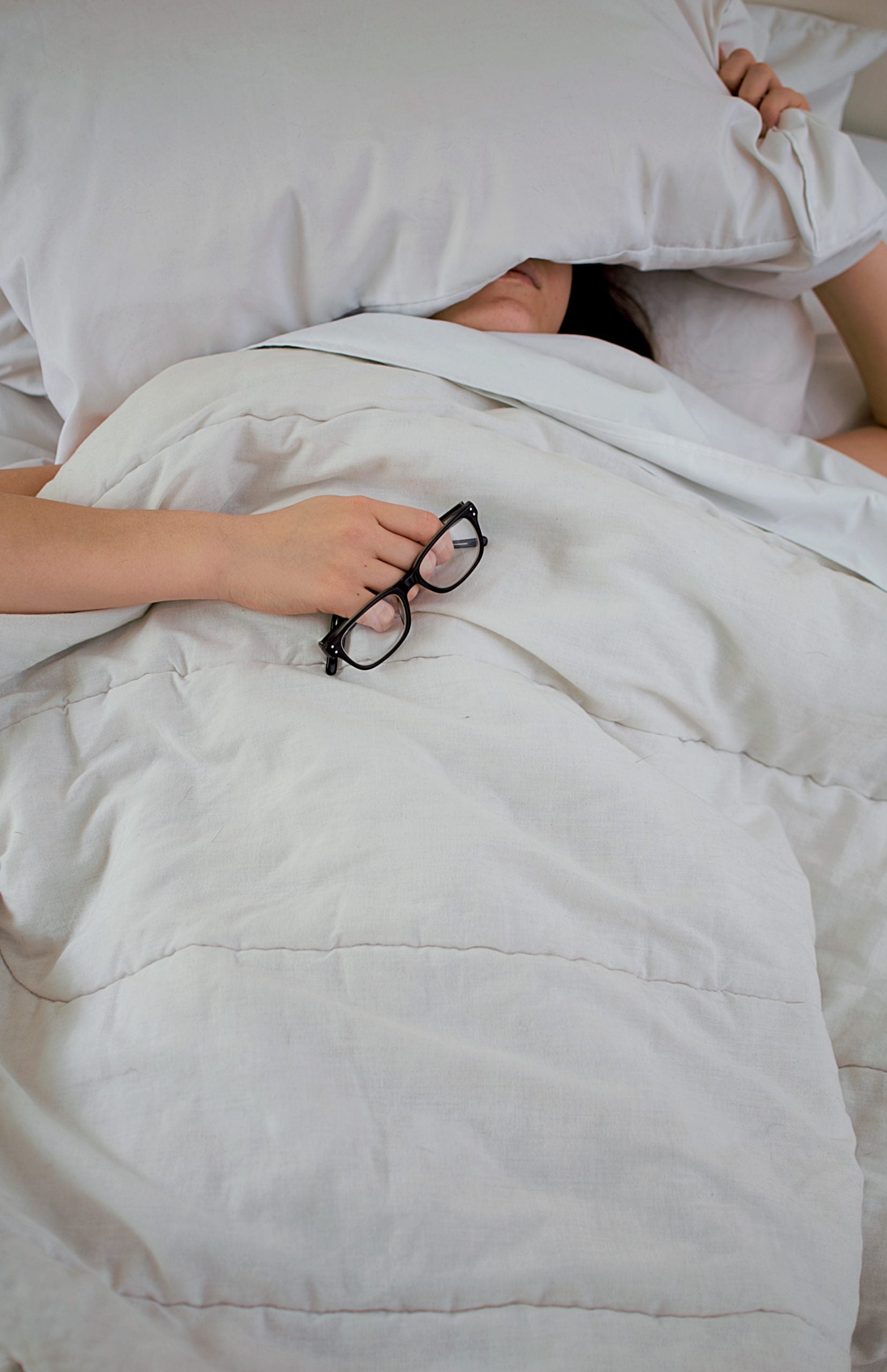
Sleep
What really happens when we turn the light off at night?
How we sleep. A Study Adults Sleep Patterns across 12 countries confirmed that most of us do not get enough sleep* On average 6.8 hours on a weeknight, 7.8 hours on a week end- both below the recommended 8 hours






